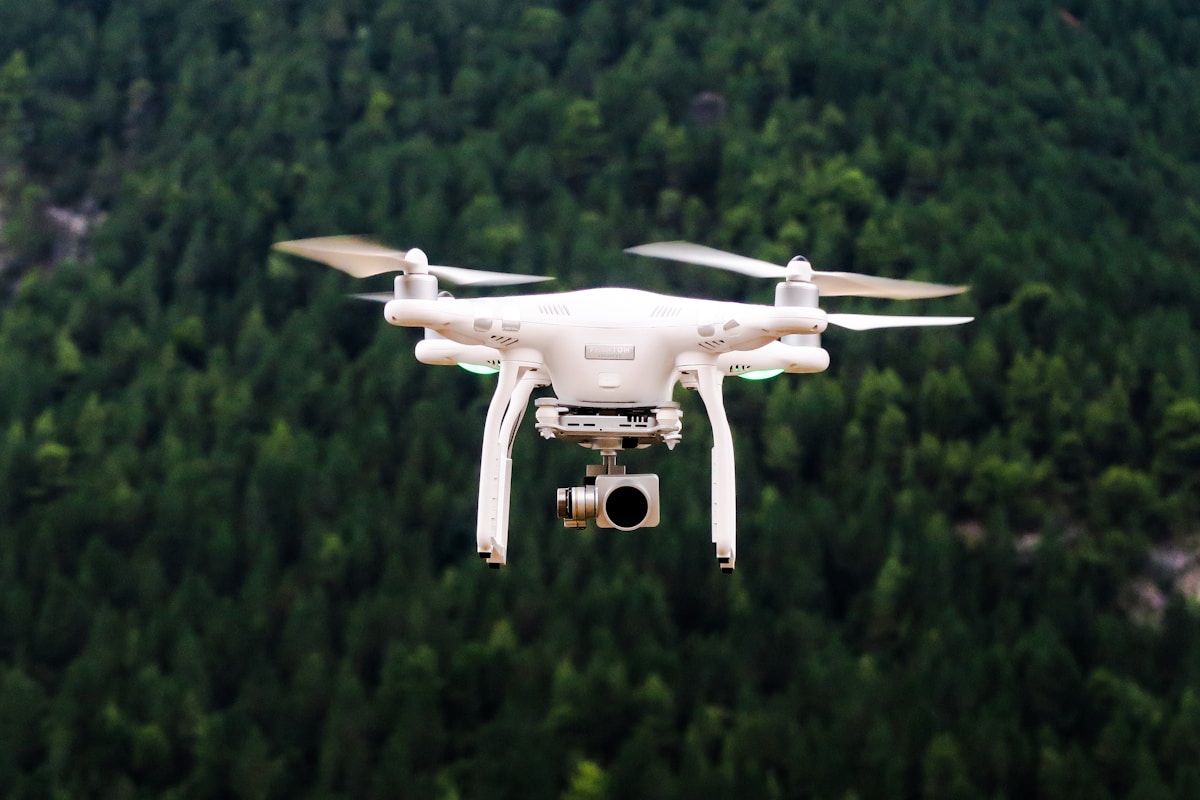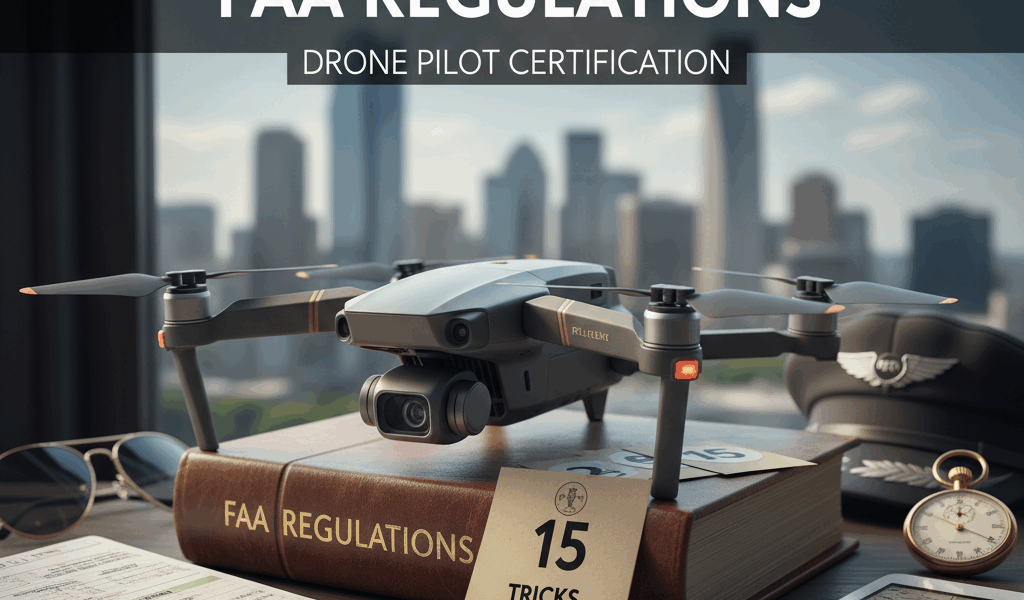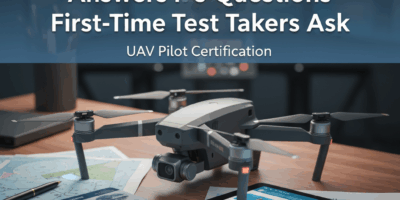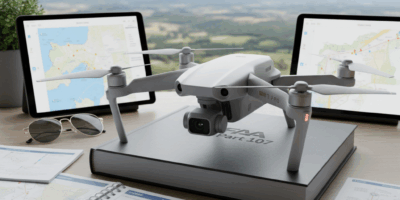Memory techniques for FAA regulations has gotten complicated with all the conflicting advice, outdated information, and overwhelming details flying around. As someone who’s been deeply involved in the Part 107 and drone operation world for years, I learned everything there is to know about this subject. Today, I will share it all with you.
That’s what makes this topic endearing to us certificated pilots – it gives us practical knowledge we can actually use in the field.
Probably should have led with this section, honestly, but let me break down what you really need to know:
Meteorology Concepts

A crucial aspect of drone operation is understanding weather conditions. The UAS exam frequently tests knowledge of meteorology, as weather can significantly affect drone performance.
- Study different weather phenomena such as thunderstorms, wind patterns, and visibility factors
- Learn how to interpret weather reports and forecasts
- Understand the effects of weather on drone flights, such as battery performance and stability
Understanding Aerodynamics
Aerodynamics is a fundamental principle for operating any air vehicle. Knowing how your drone interacts with air can help in both the written and practical parts of the exam.
- Familiarize yourself with basic aerodynamic principles, including lift, thrust, drag, and weight
- Understand the impact of different flight maneuvers on your drone
- Study how environmental factors like air density and humidity affect aerodynamics
Operational Procedures
Operational procedures encompass the practical aspects of flying a drone and ensuring safe operations. This includes pre-flight, in-flight, and post-flight protocols.
- Learn the steps in a thorough pre-flight check including system checks and weather evaluations
- Understand in-flight procedures for maintaining control and managing unexpected situations
- Study post-flight procedures such as logbook entries and equipment maintenance
Navigation Skills

Part of the UAS operator exam will likely test your ability to navigate using maps and GPS systems. Proficiency in these areas ensures that you can plan and execute safe flights.
- Study sectional charts and their various symbols
- Learn to plot courses and use a flight computer
- Understand GPS navigation and how it integrates with drone control systems
Emergency Procedures
Emergencies can occur without warning. The UAS operator exam tests your knowledge of emergency procedures to ensure you’re prepared for such situations.
- Learn and practice emergency landing procedures
- Understand fail-safes such as Return-to-Home (RTH) features
- Study how to handle loss of communication between the drone and the remote controller
Human Factors
Human factors cover the psychological and physiological aspects that affect drone operations. This is an often-overlooked area but is crucial for the UAS operator exam.
- Understand the impact of stress and fatigue on operator performance
- Study principles of crew resource management if flying with a team
- Learn about situational awareness and decision-making processes
Practice with Simulations
Flight simulators can be incredibly beneficial for UAS exam prep. They help with muscle memory and confidence building without risking equipment.
- Use simulators to practice different flight scenarios
- Simulate various weather conditions and emergency procedures
- Test your navigation and map-reading skills in a controlled environment
Review Sample Questions
Sample questions and practice tests can provide valuable insights into the structure and content of the UAS operator exam. They help identify knowledge gaps and familiarize you with the exam format.
- Take practice tests available online or in study guides
- Review questions you got wrong and understand your errors
- Regularly time yourself to get comfortable with exam time limits
Join Study Groups
Joining or forming study groups can be an effective way to prepare for the UAS exam. Sharing knowledge and resources can enhance your understanding of complex topics.
- Participate in online forums focused on UAS operations
- Organize study sessions with peers preparing for the same exam
- Share resources, tips, and personal experiences
Maintain Your Equipment
Proper maintenance of your drone and related equipment is essential. This ensures reliable performance during both practice sessions and the actual exam.
- Regularly check and update firmware
- Ensure batteries are in good condition and fully charged before flights
- Inspect your drone for any mechanical issues or wear and tear



